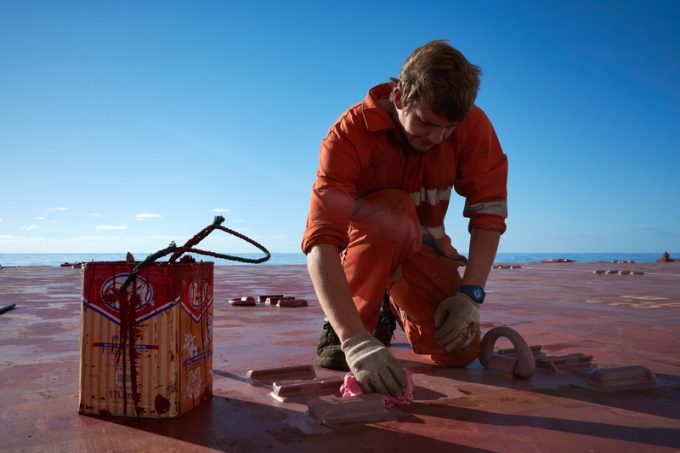OceanX: Whither TradeLens and the digitisation challenge? China's Covid conundrum
Disquieting digi-questions to digest…

The Philippines today opened the first green lane to allow seafarers to travel unhindered across its borders, as measures to relieve the hundreds of thousands of trapped vessel crew members were stepped up.
The country is the largest supplier of seafarers to the shipping industry and ...

Comment on this article